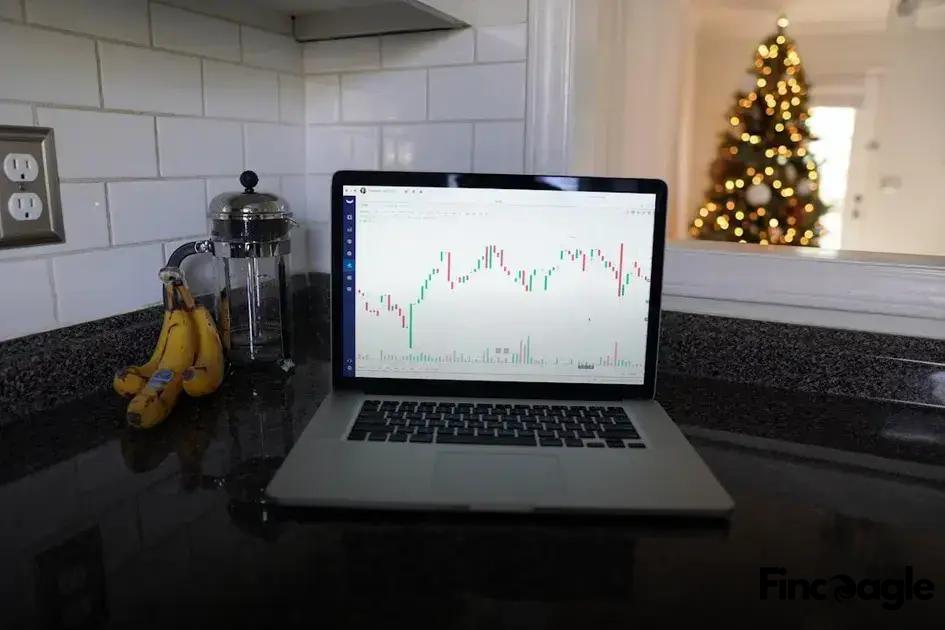
As 2025 unfolds, one pressing question dominates conversations in financial circles and among everyday consumers: is the world heading toward a global recession? Economic uncertainty remains high, driven by shifting interest rates, geopolitical tensions, and fragile post-pandemic growth patterns. Understanding the most important signals in the global economy can help investors, businesses, and households prepare for potential turbulence.
Key Economic Indicators to Watch in 2025
Monitoring certain metrics can offer valuable clues about the direction of the global economy. While no single factor predicts a recession with certainty, together they provide a clearer picture of risks and opportunities ahead.
1. GDP Growth Trends
Gross Domestic Product (GDP) is the most widely used measure of economic performance. Sustained growth reflects expansion, while a slowdown or contraction may point toward recessionary pressures. Analysts will closely track whether global GDP can maintain momentum after the slower growth seen in recent years.
2. Employment Levels
Unemployment rates remain one of the most telling signs of economic health. Rising joblessness typically leads to reduced consumer spending, which in turn affects business revenues and overall economic activity. Maintaining strong labour markets will be critical in 2025.
3. Inflation Pressures
After the inflation spikes of the early 2020s, price stability is a top priority for central banks. Moderating inflation can ease household budgets, but a resurgence could force policymakers to tighten monetary policy again, risking slower growth.
4. Interest Rate Policies
Central banks in the UK, US, and Europe have signalled a more cautious approach to rate changes in 2025. Stable or slightly lower borrowing costs could encourage investment and spending, but unexpected hikes could weigh on growth.
5. Consumer Confidence
The Consumer Confidence Index measures how optimistic people feel about the economy and their personal finances. High confidence typically supports spending, while low sentiment often signals a slowdown ahead.
How Geopolitics Could Shape the 2025 Economy
Geopolitical risks remain a major wildcard. Trade disputes, regional conflicts, and resource competition can disrupt supply chains, raise costs, and shift investor sentiment overnight. In some cases, governments may redirect budgets toward defence spending, limiting funds for infrastructure and economic development. Such shifts could be particularly challenging for emerging markets reliant on trade and foreign investment.
The Role of Central Banks in Preventing a Downturn
Central banks remain the first line of defence against deep recessions. In 2025, they have several key tools at their disposal:
- Monetary policy adjustments – Lowering interest rates to stimulate borrowing and spending.
- Quantitative easing – Purchasing assets to increase liquidity in financial markets.
- Emergency lending – Acting as a lender of last resort to maintain confidence in the banking system.
- Forward guidance – Clearly communicating policy intentions to stabilise market expectations.
By coordinating with governments and regulatory bodies, central banks can create a united response to slowdowns, reducing the severity of any downturn.
How Consumers Can Prepare for Economic Uncertainty
While no one can fully predict the global economy’s path in 2025, individuals can take proactive steps to safeguard their finances:
- Revisit your budget – Identify areas to cut non-essential spending to free up cash flow.
- Build an emergency fund – Aim for at least 3–6 months’ worth of expenses to provide a safety net.
- Reduce high-interest debt – Prioritise paying off credit cards and loans to lower financial pressure.
- Diversify investments – Spread exposure across asset classes and geographies to manage risk.
- Upskill for resilience – Enhance qualifications to remain competitive in a shifting job market.
- Stay informed – Follow credible economic and financial updates to make timely decisions.
Final Outlook for 2025
While a global recession is not guaranteed in 2025, economic conditions suggest a year of heightened caution and strategic planning. Moderate growth, stabilising inflation, and more predictable interest rates could support expansion—but persistent geopolitical risks and uneven global recovery mean vulnerabilities remain.
For investors, this is a year to balance opportunity with prudence, ensuring portfolios can withstand volatility. For households, financial discipline and preparation will be key to weathering potential economic storms.
In short, 2025 may not mark the start of a severe global downturn—but it will reward those who plan ahead, stay adaptable, and remain informed.

 Why Bitcoin Halving 2024 Could Trigger a Bull Run
Why Bitcoin Halving 2024 Could Trigger a Bull Run  The Future of Digital Banks: Are Traditional Banks in Peril?
The Future of Digital Banks: Are Traditional Banks in Peril?  The Psychology of Money: Emotions Driving Your Investment Decisions
The Psychology of Money: Emotions Driving Your Investment Decisions